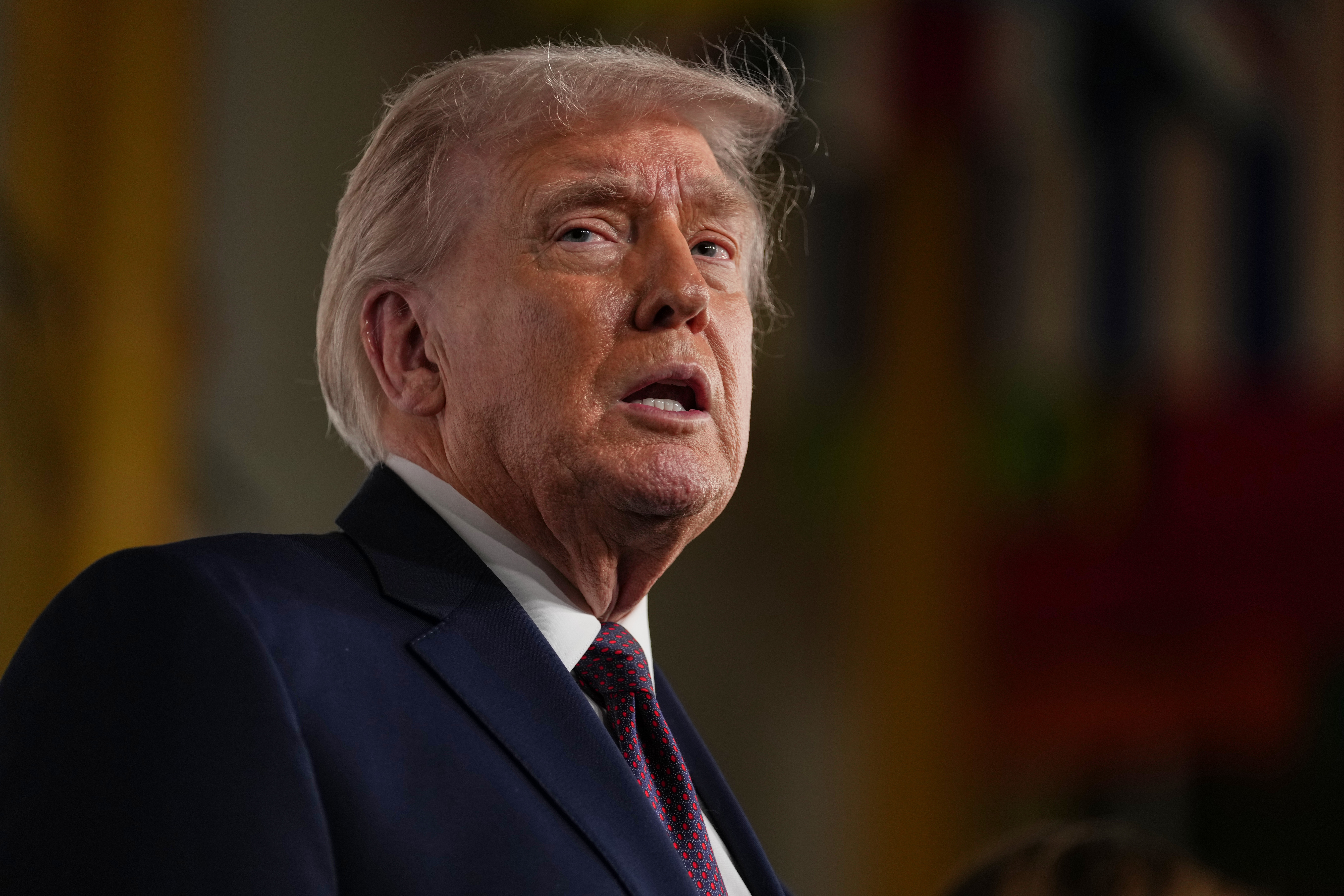U.S. labor unions are flying high. This summer, pilots at United and American Airlines signed new contracts with 40% raises. UPS workers just got a deal the company says is worth an average $170,000 a year in pay plus benefits. And from Amazon to Starbucks — employees are organizing.
Labor is having a moment — one with strong public support. A recent Gallup poll shows 67% of Americans approve of unions, and 61% think they help the economy. And 3 in 4 say they stand with United Auto Workers — now on the brink of a strike.
Professor James Walsh teaches labor history at the University of Colorado Denver. He says unions are seeing a surge in power thanks in part to low unemployment that puts workers more in demand, and anger over CEO's and their huge salaries, on average 350 times higher than salaries of average workers in their companies.
"There are so many workers who feel exploited," said Walsh. "That disparity of wealth has left us in a situation where millions of American workers who work not just full-time, but sometimes doubly, two jobs, can't afford to pay their basic bills, and that's unsustainable."

Former UAW spokesperson calls possible strike plan 'unprecedented'
Brian Rothenberg says that leaks from negotiations signal there could be strikes on key products to "dig deep" into profits.
Unions are also getting a big boost from Generation Z. Those in their 20s striving for the American dream are facing low wages and job instability.
"Young people enter my labor studies classrooms now with organizing experience, with a knowledge of what a union is, and how it works, and how to achieve it. I've never had that in 25 years in the classroom," said Walsh.
But as unions flex their muscles, membership is falling. Only about 1 in 10 Americans are in a union — that's the lowest rate ever. Companies argue unions drive up labor and production costs, create tension between employers and employees and make it harder to fire underperforming workers. Some big labor battles are still ahead.
Hollywood writers are more than four months into a strike against major studios for better wages and working conditions. Actors joined them in July.
"Workers feel some strength right now, not just within their own unions, but solidarity from other unions and other workers," said Walsh.











